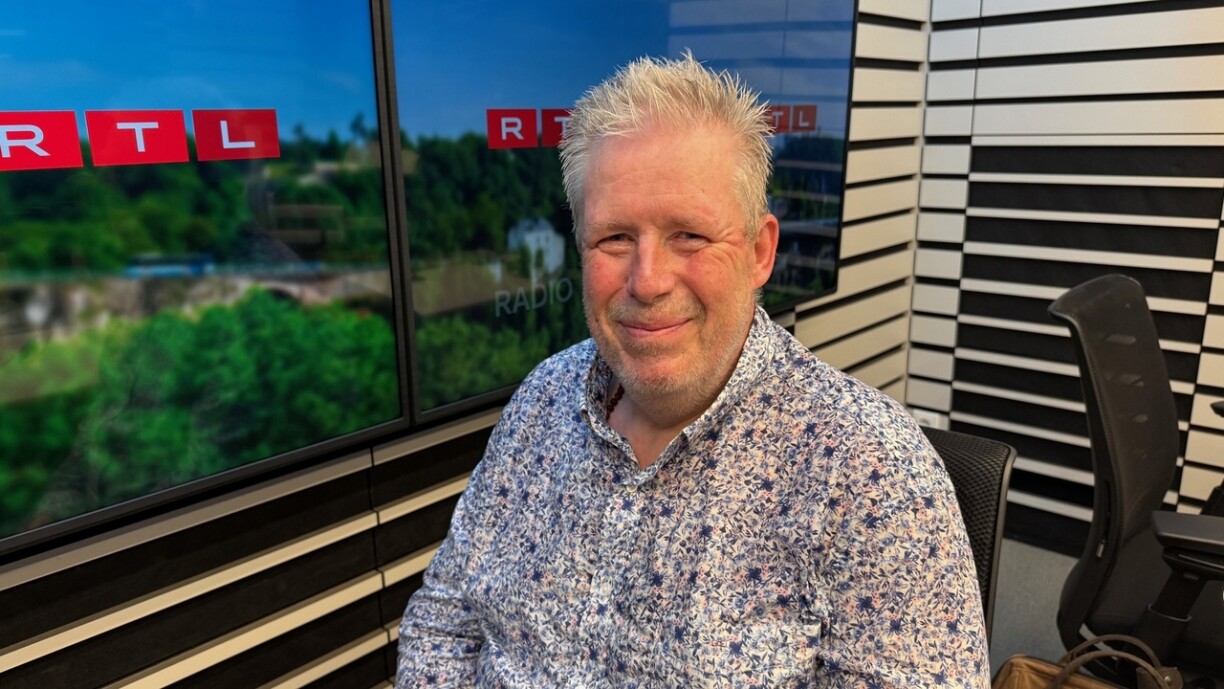
Schonckert explained that too few citizens realise that euthanasia has been legal in Luxembourg since 2009, and that his organisation aims to inform and raise awareness about this sensitive but important issue.
Since the law came into force, 260 people have applied for assisted dying, including 34 in 2024, representing about 0.76% of all deaths that year. In comparison, euthanasia accounts for 3.6% of deaths in Belgium and 5.3% in the Netherlands.
Schonckert attributed this difference partly to a stronger cultural openness to discussing death in those countries, while in Luxembourg, he said, the topic remains taboo. Many people only confront it when it is too late to make their wishes known, Schonckert said.

Under current law, euthanasia is restricted to adults with incurable illnesses. The association is calling for this right to be extended to minors, as in Belgium, where the procedure can be requested for children and adolescents suffering from severe, untreatable pain. Schonckert noted that some Luxembourg families already travel to Belgium for this reason, where such cases are accepted under a clear legal framework.
He added that the discussion should also include people with severe psychiatric or neurodegenerative illnesses, pointing out that the Netherlands is now debating euthanasia for those who feel they have reached the natural end of their life, a concept known there as a “life completed”.
Schonckert explained that there are two key documents for people who wish to express their end-of-life choices. The “Disposition de fin de vie” allows someone to state in advance that they want euthanasia in the event that they become incapable of expressing their wishes, for example, after an accident or while in a coma. This declaration must be filed with the Health Ministry’s National Evaluation Commission on euthanasia.
The second document, known as the advance directive or patient directive, lets individuals specify which medical treatments they want, or do not want, if they can no longer communicate their decisions. This might include whether to accept resuscitation, artificial feeding, or ventilation. Schonckert remarked that, in principle, “even something scribbled on a beer mat” could suffice to express such wishes.
‘Mäi Wëllen, mäi Wee’ is currently campaigning for a simpler process that would allow both declarations to be combined into a single document without the obligation to send it to the authorities.
The association also advocates adding the right to assisted dying to Luxembourg’s Constitution. After the recent decision to enshrine abortion rights, Schonckert argued that euthanasia, too, concerns personal autonomy: the right to decide over one’s own body. While ordinary laws can be changed easily, constitutional protection would offer lasting guarantees, he said.
He acknowledged the need to protect vulnerable individuals who might struggle to express themselves but stressed that they too should have the right to choose their end of life. Those denied euthanasia in Luxembourg, he warned, often lack the financial means to travel abroad for the procedure.
Even though euthanasia is legal in Luxembourg, a number of residents still choose to travel abroad, either because they are unaware of the law or feel uncomfortable seeking it in Luxembourg, Schonckert noted. Some go to Switzerland, where assisted dying services can cost between €8,000 and €10,000, including accommodation and other expenses, he said.
Beyond legal reforms, Schonckert also hopes to see the creation of a dedicated centre where patients can receive assisted dying in a supportive environment. There have been distressing cases, he explained, where eligible patients were turned away by hospitals or had nowhere to go because they lacked family support. In such cases, the association has had to improvise, sometimes in very difficult circumstances.
He also underlined the importance of further training and awareness for doctors, as well as education for teachers. Schonckert suggested that schools should address euthanasia and death more openly, for example through discussions in the Vie et Société (Life and Society) course. In 2025, he said, this should not be viewed as an optional topic but as a necessary part of preparing young people to think about dignity, autonomy, and compassion.